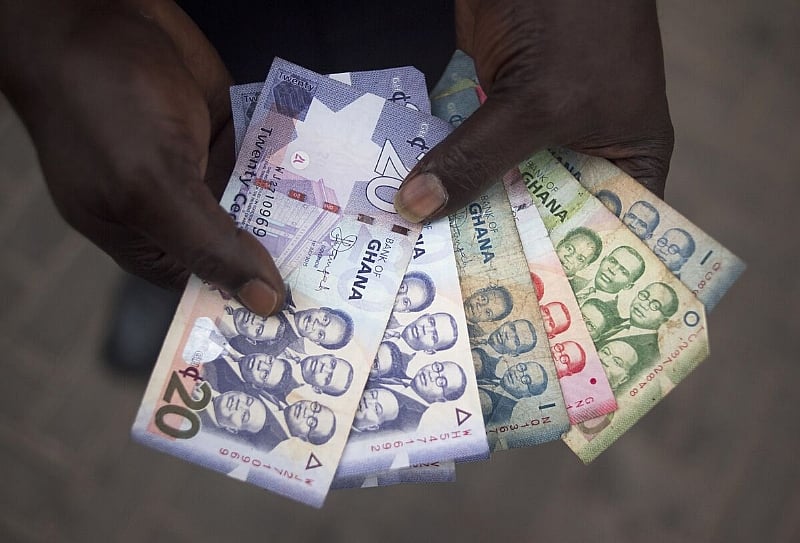On November 6, 2024, the Ghanaian Cedi experienced a slight depreciation against the United States dollar, registering a decline of 1 pesewa in the selling rate. According to Cedirates.com, a reliable Ghanaian platform that tracks currency and fuel pricing, the selling rate of the Cedi stands at GHS16.78, while the buying rate remains stable at GHS16.33. This consistency in the buying rate implies a relative stability in demand for the Cedi, even as the selling rate fluctuates. The interbank market reflects similar trends, with the Cedi trading at GHS16.34 for purchases and GHS16.36 for sales against the US dollar.
In terms of other foreign currencies, the exchange rates for the British Pound Sterling and the Euro indicate varying degrees of strength against the Cedi. The average buying and selling rates for the Pound are GHS20.87 and GHS21.75, respectively, whereas the Euro is trading at GHS17.42 for purchasing and GHS18.22 for selling. Notably, on the Bank of Ghana’s interbank market, the Pound Sterling is currently priced at GHS21.28, and the Euro at GHS17.84. These rates suggest that the Cedi continues to struggle against major currencies, reflecting broader economic challenges that may be affecting its value.
Consumers looking to remit funds to Ghana from the United States or the United Kingdom have options that appear competitive. LemFi and Afriex, two money transfer services, allow users to send money at rates of GHS16.25 and GHS15.66 per dollar respectively. In terms of Pound Sterling, these processes offer buying and selling rates of GHS21.00 and GHS20.69. Afriex also provides an updated rate for the Euro, pricing it at GHS17.21 for €1. Such services are crucial for facilitating financial transactions and support the economic interactions between Ghana and its diaspora.
Additionally, the implications of these exchange rates extend beyond simple remittances. Individuals paying for international services like Netflix, Spotify, and Apple Music through Visa and Mastercard are encountering a somewhat higher exchange rate, with both payment processors quoting GHS17.53 per US dollar. This slight premium reflects not only the ongoing depreciation of the Cedi but also transaction fees that may be imposed by payment processors for international transactions. It underscores the complexities faced by consumers when engaging with global digital platforms from Ghana.
The exchange rates may also impact the cost of living and affordability in Ghana, as imported goods and services could become more expensive in light of the Cedi’s depreciation. Price increases on essential commodities and services may challenge households and businesses, driving inflationary pressures within the economy. Consequently, consumers may need to adjust their budgets and spending patterns as a result of these currency dynamics, particularly when international goods and services are involved.
Overall, the current state of the Ghanaian Cedi, marked by its depreciation against the dollar and variations against other currencies, highlights the ongoing economic challenges faced by the nation. As fluctuations in currency values impact both local consumers and international remittance senders, it becomes critical for stakeholders—ranging from policymakers to everyday individuals—to understand these trends to better navigate the economic landscape. Future developments in the currency market will likely play a significant role in shaping the economic outlook for Ghana and its interaction with the global economy.


